The Knesset's State Control Committee discussed (January 1, 2024) a special report by the Office of the State Comptroller and Ombudsman. The report published by the Office of the Ombudsman discusses public complaints in the first weeks of the Swords of Iron War, examining the conduct of state authorities as reflected in 1,329 queries received by the Office of the Ombudsman in the first 43 days of the war. The various queries brought up deficiencies related directly to the situation, such as the handling of evacuees, insufficient protection measures and eligibility for special grants. In her remarks to the members of Knesset, Director of the Office of the Ombudsman Dr. Esther Ben-Haim emphasized that "the public's complaints are important to us. A single complaint can bring about broad change and is an input for the comprehensive audit that will be conducted."
Ben-Haim reviewed the main points of the special report, which revealed that the bodies regarding which the highest number of queries were received were the Home Front Command and the National Insurance Institute, followed by the Ministry of Labor, the Israel Tax Authority and the Ministry of National Security. Queries regarding the IDF and the Home Front Command mainly involved complaints related to protection (shelters and safe rooms), and complaints related to the closing of the Qalandia checkpoint near Jerusalem due to the war. Queries regarding the National Insurance Institute focused on retirement and on occupancy grants. Queries regarding the Ministry of Labor related mainly to the operation of daycares during the emergency situation. Queries regarding the Israel Tax Authority mainly involved complaints about the Compensation Fund. And queries regarding the Ministry of National Security mainly involved complaints about firearms licenses.
In addition, 450 queries were received regarding 81 local authorities, led by the Municipality of Ashkelon (110), the Municipality of Netivot (31) and the Municipality of Bnei Brak (24).
With the publication of the report on December 19, 2023, the State Comptroller and Ombudsman, Matanyahu Englman, stated that "the government of Israel failed in its handling of the home front in the first weeks of the Swords of Iron War and there was no justification for this. The government ministers and ministries must draw lessons from the public's complaints and take action to improve service to citizens, especially during this emergency period."
Along with the director of the Office of the Ombudsman, participants in the discussion held at the Knesset included Deputy Director of the Office of the Ombudsman Ronit Zandberg; department directors Michal Ronen, Sharon Bershad and Ronen Karavani; Senior Deputy Director of Department G Moti Lorberbaum; and assistants to the director of the office of the ombudsman Nadav Zimmerman, Shlomi Shani and Ofer Gelbert.
In addition to the special report, the State Control Committee also continues to discuss audit report from recent years that raised deficiencies and recommendations that are relevant to the current war. For example, the committee held another discussion (December 27, 2023) on the regulation of the automotive industry and competitiveness in the automotive import industry, one of the topics that the state comptroller's annual report in March 2022 discussed. Against the backdrop of the current wave of price rises in the economy, the members of Knesset discussed the impact of competitiveness in the automotive industry on the cost of living.
In previous discussions the committee tried to map the problems in the automotive industry, after the state comptroller recommended legislative amendments that would open barriers and encourage competition in imports and in spare parts and maintenance. The committee also discussed vehicle insurance and the cost of repairing vehicles at repair shops that do not belong to the importer.
The director of the Economy and National Infrastructure Division, Tzahi Saad, director of Department B in the division, Marcelo Bez, deputy director of the department, Yaron Fishman, and the audit manager, Daniel Alemshet, participated in the discussion.
Saad asked representatives of the Ministry of Transport and other participants in the discussion to present a current snapshot of the situation: "An issue that was discussed at the previous meeting of the committee is the reform regarding auto repair shops. The representative of the Ministry of Transport discussed how the ministry is about to begin an advertising campaign on the reform in order to inform consumers about their rights, we would like to know what happened with this. We would also like to be updated on the cooperation between the Ministry of Transport and the Competition Authority regarding the receipt of documents and data from vehicle importers – in order to conduct an in-depth examination of the level of competitiveness, in addition to what has been done so far. If the data is not transferred from the Competition Authority, it will be necessary to advance a legislative amendment that would enable the Ministry of Transport to receive data from vehicle importers in order to conduct an in-depth examination of the level of competitiveness."
But after representatives of the various bodies presented the data, Saad stated that "the answers that were given here and the responses that we received were insufficient, to put it mildly. They certainly do not indicate impressive progress on significant issues that the report raised."
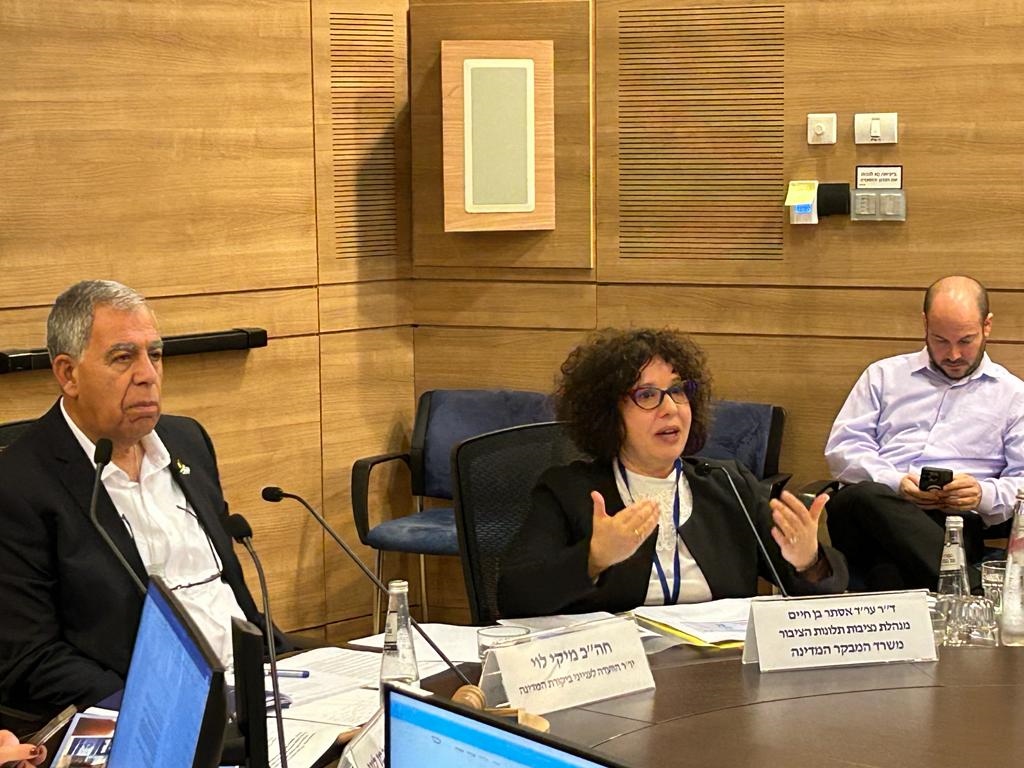
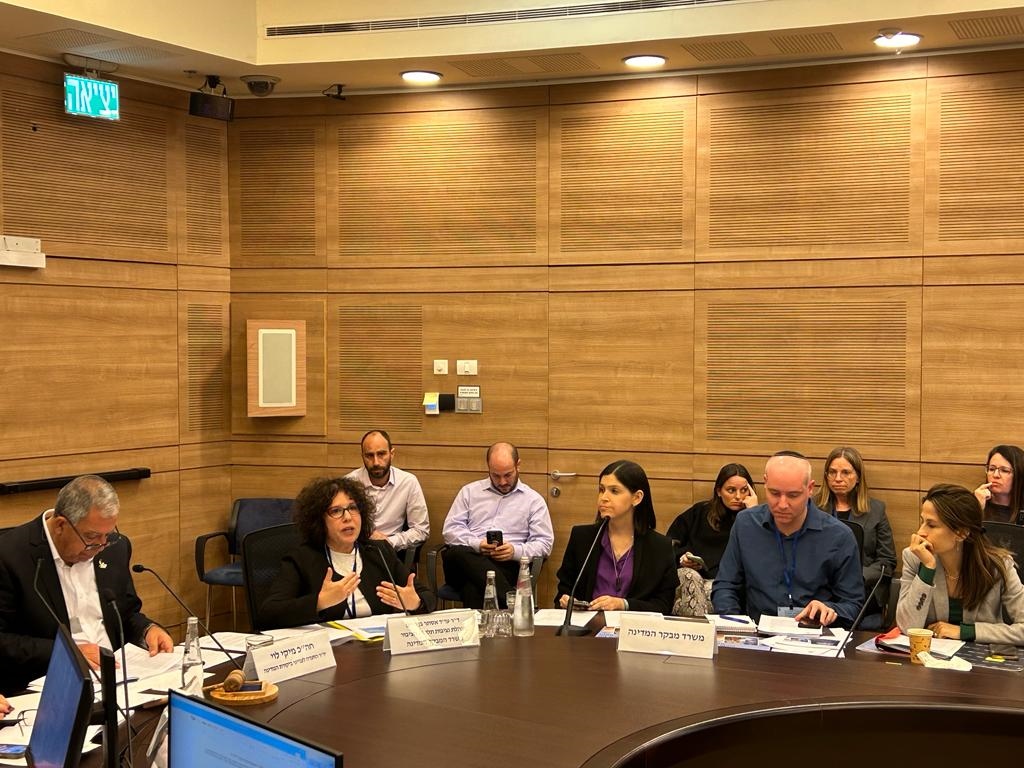
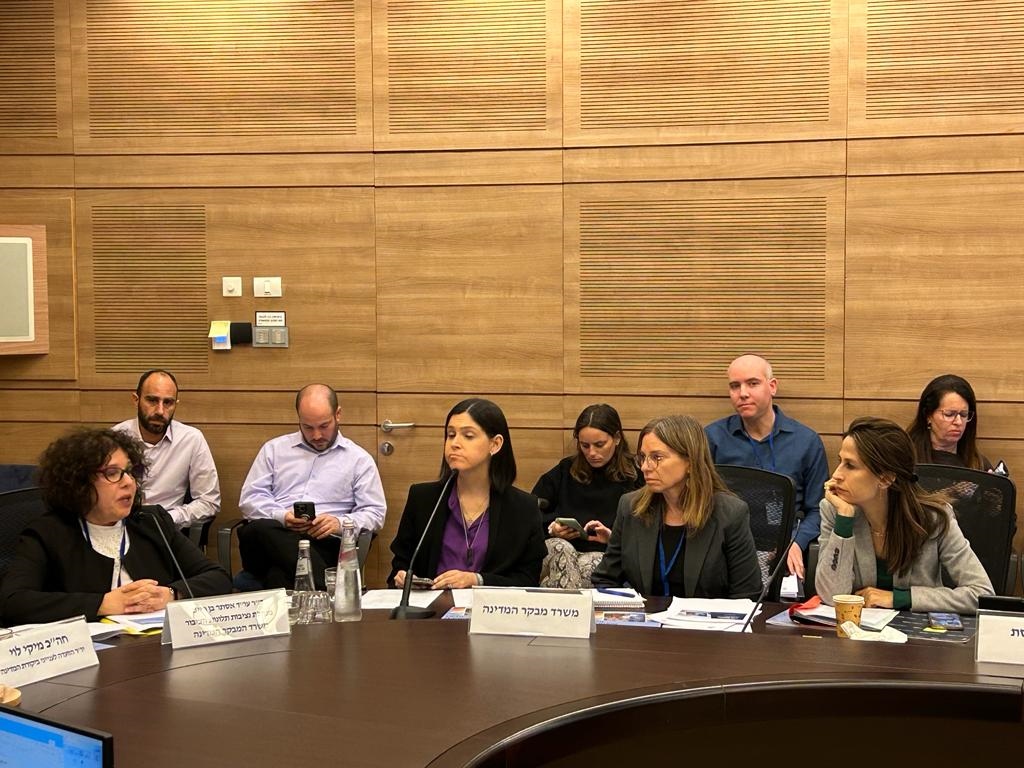
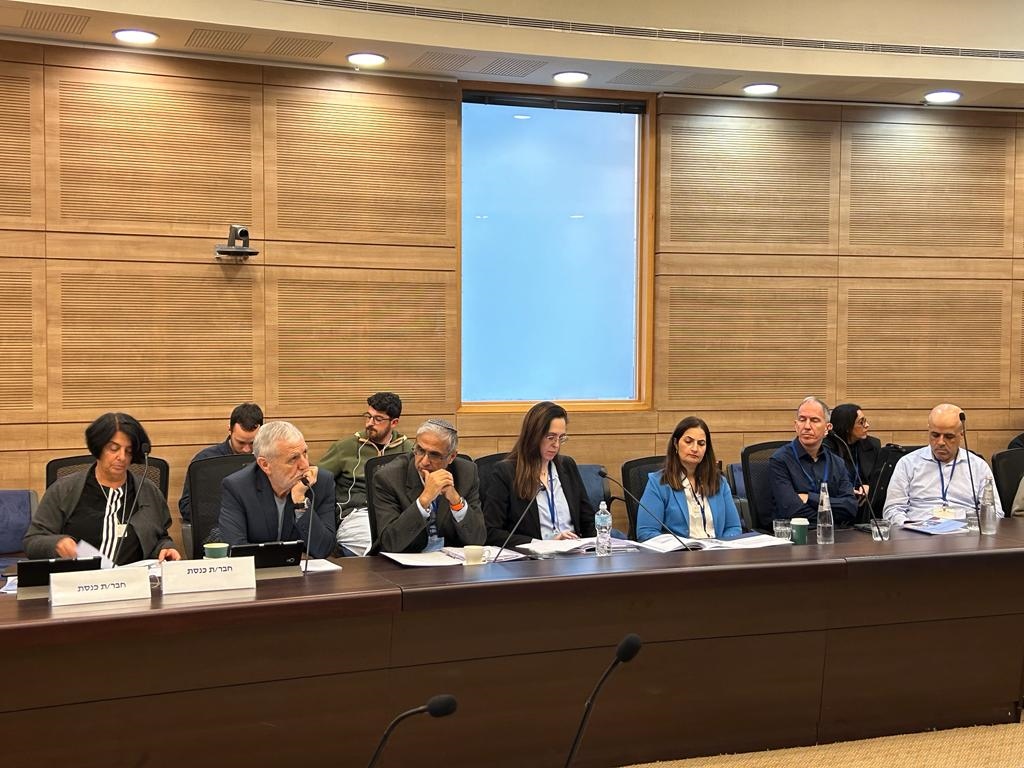
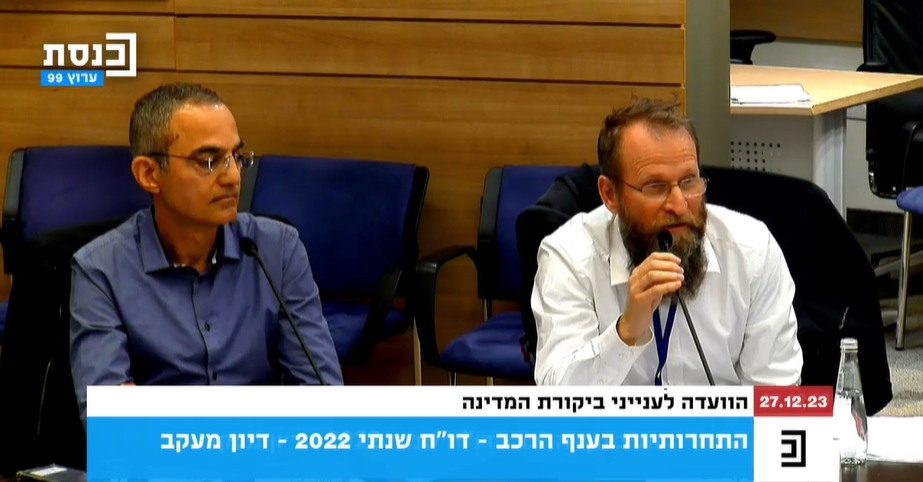
Photograph: The Knesset Channel